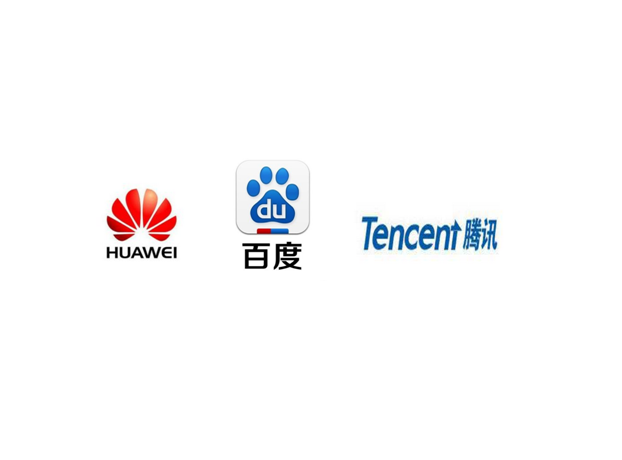Note: China's internet technology (IT) sector experienced massive layoffs during 2018, a chaotic year for the industry. How can it be that the once thriving internet industry has started to chill this year? Luo Hao, chief technology officer at a Beijing-based internet startup company, shared his views on the issue in his article China’s IT winter chill should help firms rethink business models.
The full text of the article is as follows:
China's internet technology (IT) sector experienced massive layoffs during 2018, a chaotic year for the industry. In June, hundreds of P2P lenders fell like dominoes. Two months later, the revenue of image editing software developer Meitu fell 5.9 percent year-on-year, reporting a $127 million net loss. Media reported the company had been laying off people since the end of 2017. In the fall, online retailers Alibaba and JD.com reduced new hires.
How can it be that the once thriving internet industry has started to chill this year?
From a macroeconomic perspective, China is facing a tightening environment for its currency and stricter financial regulations. In addition to the simmering trade war with the US, capital becomes prudent. As IT companies are finding it harder to secure financing, they should save their strength and prepare for future challenges.
As China's IT industry expands, the dividends of population flows have been controlled by tech giants Baidu, Alibaba and Tencent (BAT). As their businesses have matured, the competition is a monopoly. IT companies can hardly make a profit or attract capital with previous business models.
To develop business further, they need to look for new transitional areas. Resources, personnel and funds need to be relocated, which means businesses without prospects will be abandoned. If a person is not part of their company's core, then they are likely to be laid off soon.
From a technological standpoint, application technologies like Web and mini programs have matured, increasing work efficiency among IT employees. As companies need fewer humans, they are bound to implement structural adjustments to avoid further financial risks, making layoffs inevitable.
Despite the chill, it is high time that the IT sector could find new incentives that will help the market return to its booming status.
A few companies have already taken a pioneering lead. Tencent, food delivery-to-ticketing service platform Meituan, and handset-maker Xiaomi are placing their bets on industries.
In late November, Tencent established a new Cloud and Smart Industry Group and Platform and Content Group, signaling a strategic shift from a focus on end-consumers to a greater emphasis on business customers. They plan to develop new industry-facing services focused on sectors like healthcare, transportation, education, and retail.
Online-to-offline platform Meituan, after investing in supply chain and financial sector, has achieved satisfactory performance. The company's revenue from new and other businesses for the third quarter of 2018 jumped 471.3 percent from last year to 3.5 billion yuan.
Right now, Xiaomi is also investing in companies that engage in smart products.
As the country's IT sector evolves, artificial intelligence, the Internet of Things, big data and cloud computing are irreversible trends. In the past decade, the internet was led by consumption, but in the future, the industrial internet will emerge to the forefront.
The industrial internet is a concept borne out of the consumer internet as it integrates and links big data, analytical tools and wireless networks with physical and industrial equipment. The nascent sector will help traditional industries integrate into the "internet plus" model. The combination of the internet and the manufacturing industry is a good direction.
Since the industrial revolution, manufacturing has become a main pillar of the economy for all countries. And 40 years after China's reform and opening-up, China's manufacturing industry has achieved remarkable progress.
The Chinese government also envisioned the "Made in China 2025" strategy, a blueprint for the country's manufacturing sector. It emphasizes the integration of high-tech and manufacturing technologies, or smart manufacturing, and promotes smart equipment and products.
China's internet companies should seek this opportunity, utilizing their accumulated advantages and upgrading themselves in the manufacturing sector. They can develop personalized services, improve production methods, strengthen product service awareness, and explore the added commercial values of goods. By doing so, they will not only find a way out for their development in this chilly winter but will be able to contribute to the country's manufacturing industry.
The chilly winter of the internet will be gone soon. For China's endeavoring internet firms, now is the best time to seek new business models.




 A single purchase
A single purchase









